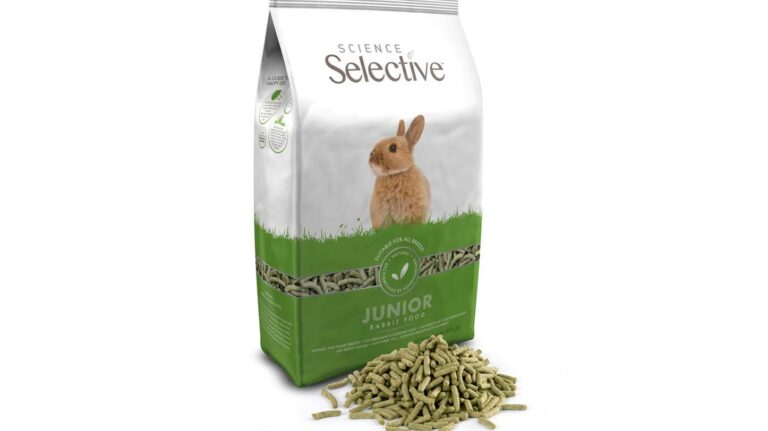Independent retailers might not be benefiting fully from lifestage products for small pets, according to Supreme Petfoods, and the category showed a slight decline in 2019 as a result.
The company says starting small pets on a brand that is not in grocery and providing for their needs throughout life will help ensure that pet owners remain long-term, loyal customers, rather than allowing those valuable sales to drift to other channels.
While Supreme has out-performed the category, overall in the independent channel the small animal category for 2019 is down by 2.6%.
Supreme marketing manager Claire Hamblion said: “There’s no room for complacency here. Retailers should consider developing a clear recommendation strategy that allows them to keep the customers they have worked to acquire throughout the pet’s life.
“That initial customer acquisition is often the most difficult and expensive aspect of the marketing process – if retailers can keep them over a lifetime, that’s when they become profitable.”
SURVEY
One of the reasons for the category decline may be revealed in the results of a recent telephone survey of 395 independent pet stores across the UK, willing to stock a small pet lifestage range.
The survey, carried out by Supreme Petfoods, found that 74% stock a ‘junior’ small pet product, whereas only 45% stock a ‘mature’ offering. Both junior and mature represent transition points and, therefore, a chance for owners to switch brands, or indeed the outlets, where they buy their products, Claire says.
Junior products, such as Science Selective Junior Rabbit, are fed for a very short time in a rabbit’s life – generally only until 20 weeks of age, when most breeds will have attained maturity – but it remains a ‘highly importan’ point of market entry.
“By recommending a food formulated for growth retailers underline their own expert credentials. The next transition is to adult, so recommending a brand that shoppers have to return to the store to buy is in the retailer’s best interest.
“It’s not enough just to provide feeding for those first few months and risk losing sales thereafter and it is especially important to look at the lifetime value of rabbits to the outlet as a whole,” said Claire.
Mature rabbit foods are fed from four years of age for the remainder of the pet’s life. As the lifespan of a rabbit is 8-12 years, mature foods may be fed for longer than any other lifestage category.
ATTRACTIVE
“It is, therefore , surprising that less than half of the retailers contacted considered this to be an attractive option to stock.”
Claire says that there are ‘big opportunities here’ that many retailers are not fully benefiting from: “The switch to mature rabbit provides an opening to start some very interesting conversations about senior care. Remember that, by this time, these are very experienced owners and often highly bonded to their pet, so likely to be receptive to what you have to say.
“We also believe that as a result of better education and veterinary care, more rabbits are living into old age than ever before – so this is a big segment that is largely under serviced.”
Talking about the needs of senior rabbits, she continued: “Senior rabbit foods have to be highly palatable, as these pets often become more picky eaters as time goes on. Higher levels of antioxidants help deal with cell damage associated with aging. And of course, higher levels of fibre are vitally important to support dental and digestive health.
“Science Selective Rabbit Mature 4 years+ meets those needs. As well as adjusted diets, mature rabbits can also benefit from soft bedding and adjusted housing to help manage mobility problems and toys and enrichments that rely less on active play. Those are additional incremental sales, as well as making a positive contribution to animal welfare.”



